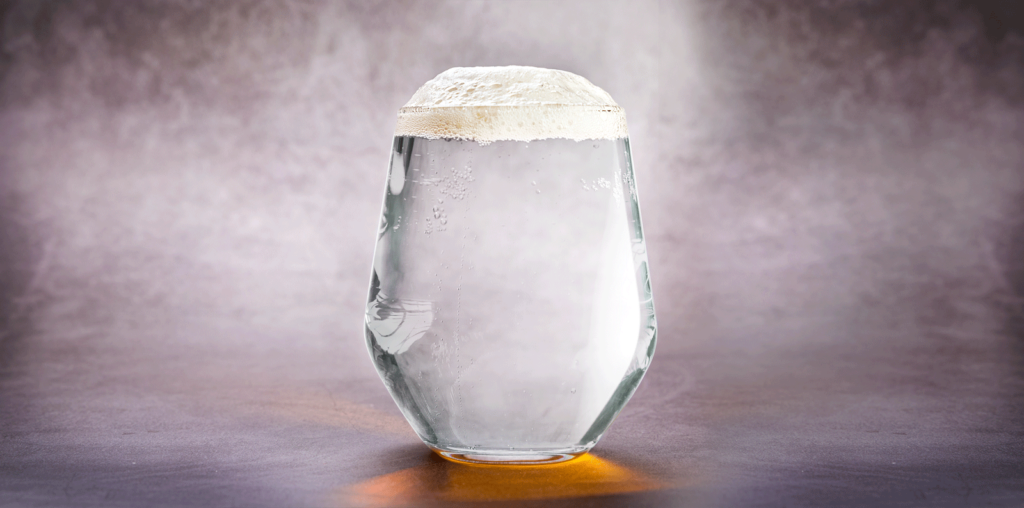
What brewing salts do I need to make my beer taste better? This is a common question we get all the time. Water makes up the biggest part of any beer. Understanding your water profile is essential to adjust the profile correctly. You can get access to a generic water report from your local authority, giving you a good guide on the make-up of your water. We recommend our friends at Murphy & Son if you want a water analysis.
Geterbrewed stocks a wide range of water treatments in the following categories. If you prefer to watch this content in a video, we did a series on water treatment over on the Geterbrewed Youtube channel. Historically, beers were brewed in different regions with a steady water supply suited to that beer style. Nowadays, we have access to what brewing salts you need and add them to adjust the water profile to suit the beer style you are brewing.
Looking at the Ions that make up the composition of brewing water.
Calcium – It is important for several functions. It can help adjust the pH to ensure you get the correct enzyme activity. It helps promotes the flocculation of yeast. In the same manner, helps drop out solids like proteins in the kettle or whirlpool. Additionally, it helps to promote good head retention. It’s important in the mash tun to stabilise alpha amylase enzymatic activity.
Sulphate – It is important to give beer that bitter and drier flavour profile
Bicarbonate – It increases pH
Chloride – Not a desired ion in brewing water
Water Hardness – This can be treated with acids or a blend of acids and brewing salts. Calcium or Magnesium contributes to hardness. These can be considered to contribute to temporary hardness as it can be boiled off. Calcium or magnesium salts other than bicarbonates. Typically sulphates or chlorides are termed permanent hardness because they cannot be removed by boiling.
Acid Treatment – Easy to use and cheap rather than investing in water treatment plants for RO water.
What brewing salts do I need?
A mixture of the following:
- Calcium Chloride Flakes – improves mineral content for the health of the yeast, extract yield & fining performance
- Calcium Sulphate, commonly known as Gypsum – reduces pH during the mash and helps enzymatic activity. Plus, it improves mineral content, promoting head retention.
- DWB Dry Water Burtonisation – DWB is a formulated blend used to adjust calcium levels. Add chloride, impart palate fullness, and add sulphate, enhancing drier bitter flavours.
- AMS Liquor Treatment – AMS is especially used in the brewing industry. A liquor treatment to provide optimum pH levels throughout the whole brewing process. It Improves extract yield, wort runoff, clarity, and stability of the finished beer.
- Sodium Chloride – Sodium Chloride (PDV Salt) appears as a white crystal. It is used to increase the mineral content of brewing liquor to produce the desired beer characteristics, including palate fullness.
- Lactic Acid – Lactic Acid is used for Pilsner style lager to reduce alkalinity and improve yield
- Magnesium Sulphate – Also known as Epsom salts, increases acidity. It slightly lowers the pH of the mash.
- Sodium Bicarbonate – Sodium Bicarbonate is used to increase carbonate levels and to adjust pH.
- Potassium Chloride – Potassium Chloride can be added in small quantities to brewing liquor to increase the chloride levels without increasing calcium or sodium. This is the case when using calcium chloride or sodium chloride (salt).
- Calcium Carbonate – Calcium Carbonate increases alkalinity for dark beers such as milds, porters and stouts and balances pH. Reducing dark grains’ effects in soft water areas.
- Calcium Hydroxide, commonly known as Slaked Lime – Can be used to reduce the level of calcium, magnesium and sodium salt of carbonates and bicarbonates in water.